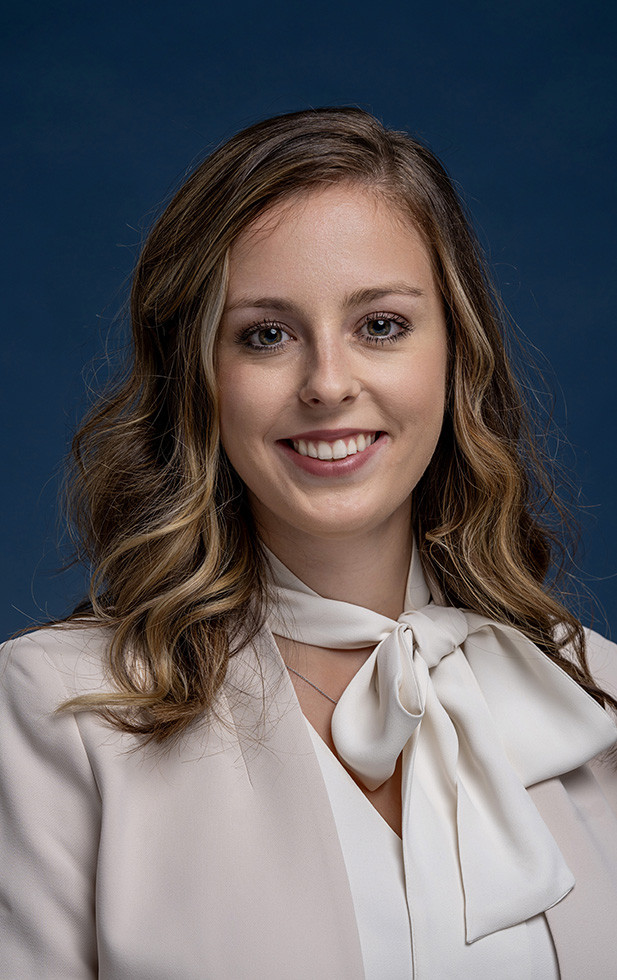5.7.24
The News: The Wisconsin Institute for Law & Liberty (WILL) has filed a lawsuit against the Wisconsin Department of Revenue (DOR) on behalf of two Wisconsin Wedding Barns. The lawsuit is seeking to mitigate the harmful impacts of Wisconsin Act 73, which became law in late 2023 and fully takes effect in 2026.
The Quotes: WILL Deputy Counsel, Lucas Vebber, stated, “Wisconsin small business owners trying to make a living are seeing their entire life’s work thrown away due to heavy-handed economic protectionism. Special interests and their well-connected lobbyists shouldn’t be able to write laws to hurt their competition, and that’s why WILL is fighting back.”
WILL Client and owner of Farmview Event Barn, Jean Bahn, stated, “I am not in this to become a millionaire, we are just trying to get by. Hosting low-cost weddings in our barn allows us to pay for upgrades to our home and farm equipment to keep our farm up and running. This legislation was designed by special interests in Madison to limit competition, and that’s not right.”
WILL Client and owner of Monarch Valley Wedding & Events Daniel Gallagher, stated, “It is unfair that the State of Wisconsin has chosen to single out the few barn venues that are a destination only. We lease our space to couples wishing to have a country-style wedding. Requiring us to be a liquor retailer in a dry township is causing our small, family-run business—which already pays state and local real estate taxes—to go out of business.”
Wisconsin Act 73: Specifically, Act 73 provides that, effective January 1, 2026, a “venue, location, open space, room, or establishment” which is accessible, held out or made available “to the public for rent for an event or social gathering” is a “public place” under Chapter 125. Because of this law, businesses like our clients’ can either close, not permit alcohol consumption on their premises during events, obtain a liquor license, or get a “no sale event venue permit.”
Liquor licenses are not only expensive, but even if our clients did want to obtain a liquor license there are practical issues which make that difficult. They are operating under conditional use permits with their local governments. They would need to completely upend their business model, and would lose their ability to allow guests to supply their own alcohol. The other option would be obtaining an Act 73 “no sale event venue permit,” which would allow Private Event Venue customers to continue to carry-in and consume alcohol (but only beer and wine) and would also limit the Private Event Venues to hosting a total of 6 (beer and wine only) events per year, no more than 1 event per month.
State law exempts a whole host of properties from these onerous requirements including those owned by municipalities, venues located in a professional stadium district, and more.
Constitutional Violations: In our legal arguments, WILL lays out several claims that state law, as amended by Act 73, violates our clients’ rights as guaranteed by the Wisconsin Constitution.
Article I, § 1 of the Wisconsin Constitution, through its guarantee of due process, protects the Plaintiffs’ right to earn a living and pursue their business free from anticompetitive, arbitrary, and irrational regulation. WILL believes that the “public place” regulations in question violate the Wisconsin Constitution in that they arbitrarily deny Plaintiffs’ right to earn a living, and do not further any legitimate governmental interest.
The equal protection guarantee in the Wisconsin Constitution provides that “[a]ll people are born equally free and independent, and have certain inherent rights; among these are life, liberty and the pursuit of happiness.” Wis. Const. art. I § 1. Because the law provides arbitrary and nonsensical exemptions, imposing these requirements on WILL’s clients and other private event venues is unconstitutional.
Article VIII, § 1 provides that taxation must be uniform across similarly situated classes. Requiring a liquor license or a no sale event venue permit, are forms of taxes, and those license and permit requirements are not being applied uniformly to all similarly situated event venues due to the broad exemptions carved out from the law.
WILL is asking the court to declare these changes in Act 73 unlawful in order to allow our clients to continue operating their businesses safely and successfully for years to come.
Read more:
Complaint, 5.7.24


NATHALIE BURMEISTER
Associate Counsel